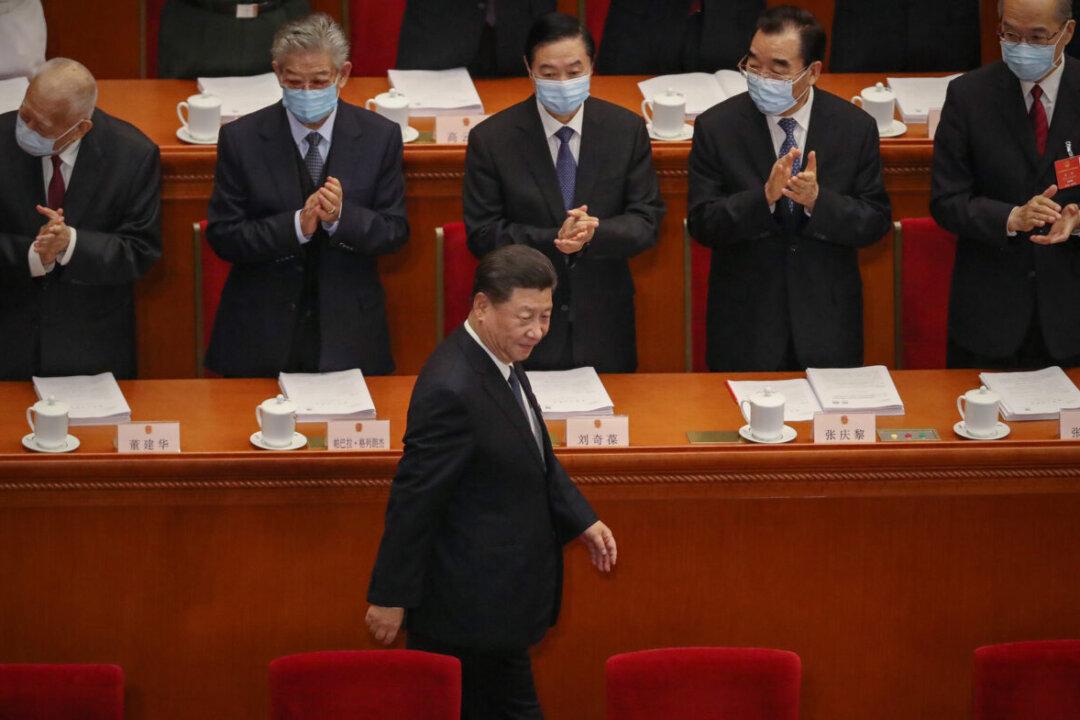The near-certainty that Chinese leader Xi Jinping will be appointed to a third term at the Chinese Communist Party (CCP) Congress coming up this fall will provide him with opportunities to continue to advance an expansionist foreign policy and an authoritarian agenda at home, while doing little to address the complex economic, social and demographic challenges facing the country in the 2020s and beyond.
That’s according to Joseph Fewsmith, a professor at Boston University, and Willy Wo-Lap Lam, a senior fellow at the Jamestown Foundation and a professor at the Chinese University of Hong Kong, who shared their insights at an April 7 virtual event hosted by the Heritage Foundation, a Washington-based think tank.





